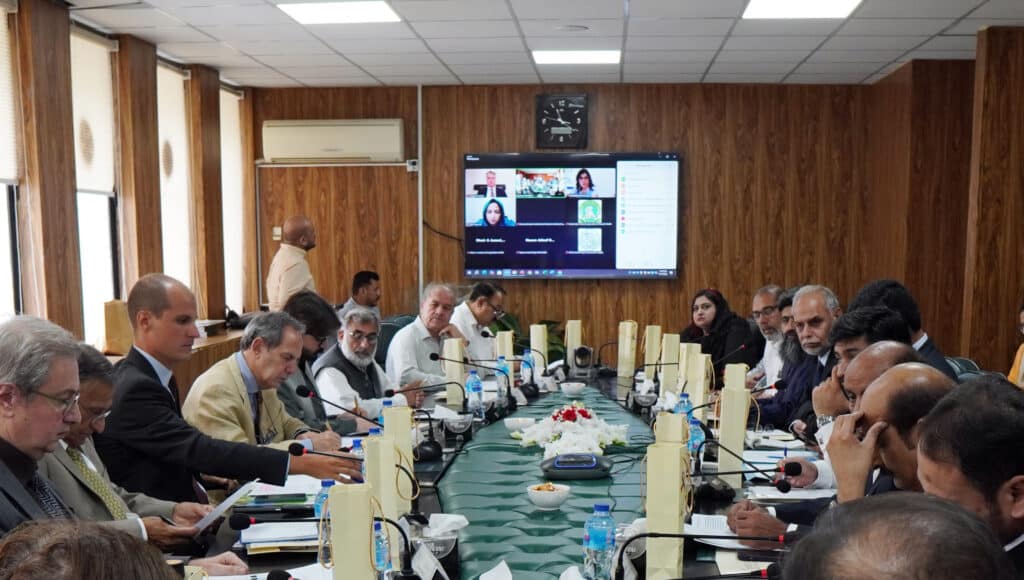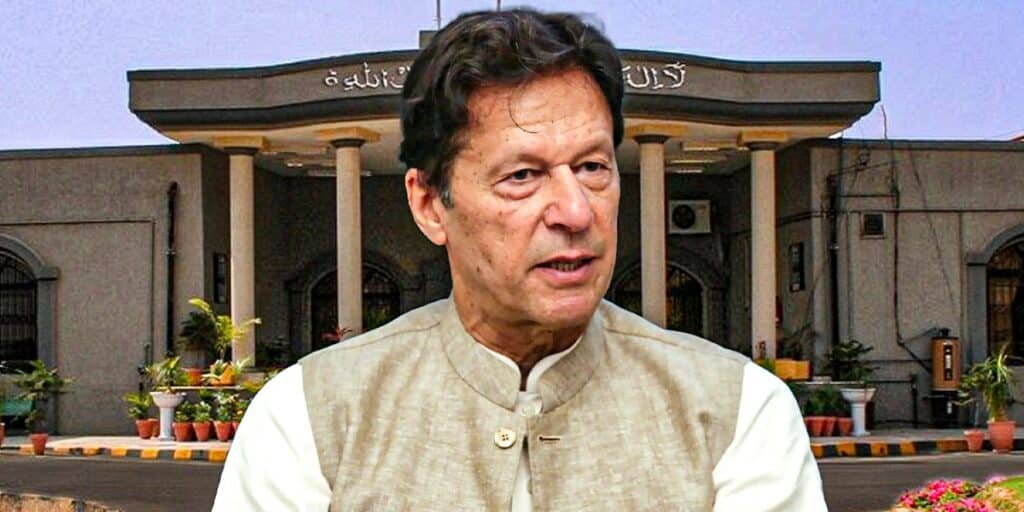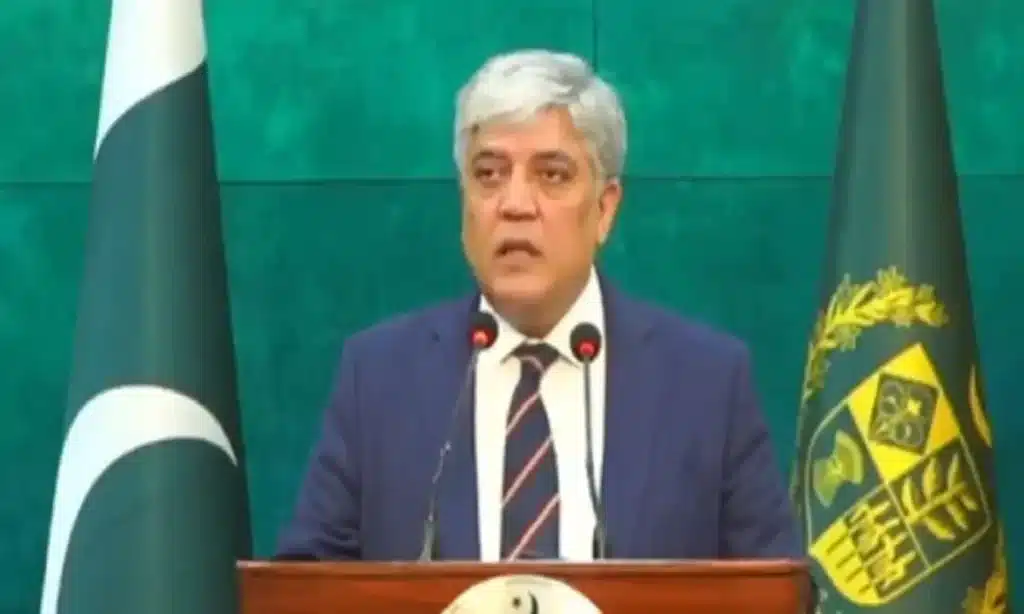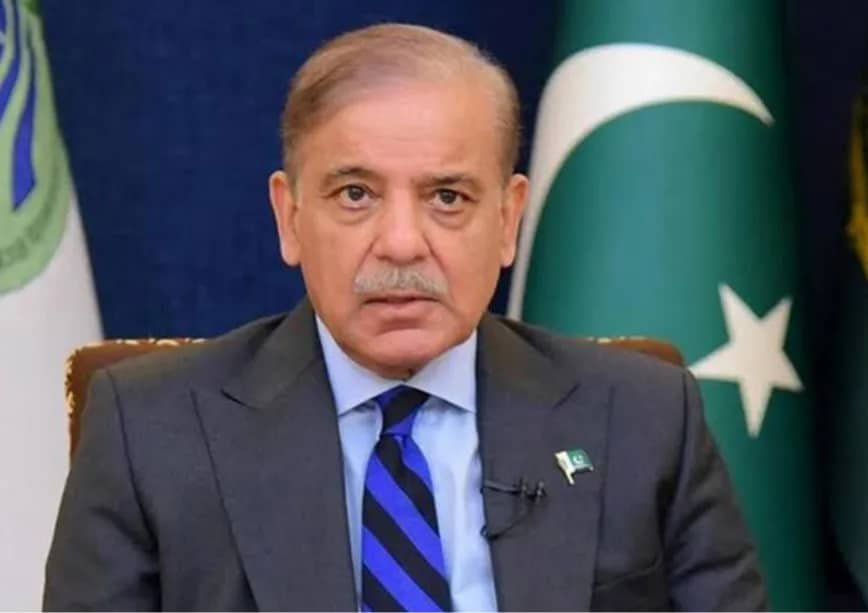ISLAMABAD: The OliveCulture Scale-Up Project convened its Second Steering Committee Meeting at the Ministry of National Food Security and Research, gathering the H.E. Marilina Armellin, Ambassador of Italy in Pakistan, Mr. Amir Mohyuddin, Federal Secretary, M/o National Food Security & Research, Government of Pakistan, Mr. Dr. Biagio Di Terlizzi, Director of CIHEAM Bari, Mr. Francesco Zatta, Head of Office, the Italian Agency for Development Cooperation, Islamabad, Ministry of Climate Change, National Seed Development and Regulatory Authority, Provinces representatives from the Government of Pakistan, and Olive sector stakeholders. The Steering Committee, as the highest decision-making body of the project, plays a pivotal role in reviewing project progress, providing strategic direction, and ensuring effective coordination among all institutions involved.
The meeting provided an opportunity to evaluate the achievements of the first year of implementation, while also addressing criticalities, challenges, and lessons learned. Discussions included the presentation and endorsement of the first-year technical report and second-year work plan, financial and administrative updates, and measures to strengthen project governance. Special emphasis was placed on approval of the draft National Olive Value Chain Policy along with its implementation strategy and Roadmap for 2024-20230 in Pakistan, institutional coordination, and identifying opportunities to accelerate the scaling up of olive cultivation across Pakistan.
Speaking on the occasion, H.E. Marilina Armellin, Ambassador of Italy to Pakistan, stated, “This project is a testament to the strong partnership between Italy and Pakistan. By supporting the olive sector, we are contributing not only to agricultural development but also to long-term economic sustainability and rural women and youth empowerment.” Referring to the recent floods and intensifying climate challenges in Pakistan, she further emphasized, “This project is a significant contribution to strengthening livelihoods, communities, and climate resilience, while fostering inclusive economic growth.” She also commended the project’s achievements, particularly the establishment of Pakistan’s first-ever sensory laboratory in Islamabad, which is improving olive oil quality and strengthening the national value chain.
Mr. Amir Mohyuddin, Federal Secretary, Ministry of National Food Security & Research, highlighted Pakistan’s commitment by saying, “The OliveCulture Scale-Up Project represents a vital step in strengthening our agricultural diversification strategy. We are confident that the progress achieved will pave the way for greater opportunities in implementing the National Olive Value Chain Policy, and in enhancing production, processing, quality, and market expansion”.
Dr. Costantino Parma, CIHEAM Bari, Regional Manager, and Dr. Marcello Goletti, International Project Coordinator, added, “Through this continuous partnership, we are ensuring that technical expertise, institutional support, and grassroots engagement come together to create real impact in the olive sector in Pakistan.”
The OliveCulture Scale-Up Project, implemented by CIHEAM Bari, funded by the Italian Government and the Italian Agency for Development Cooperation, supported by the Pakistani governments, Olive stakeholders, institutional and private partners, is designed to enhance the capacity of the Pakistani public and private actors to foster quality and quantity olive-culture productions and to develop climate resilience and adaptive capacity. This project year also places a strong focus on overall governance and strategy, including the nursery certification system, promoting Good Agronomic Practices (GAP), and creating new opportunities for women and youth in rural areas through income-generating activities within the olive value chain. Together, these efforts are contributing to inclusive economic growth, food security, and sustainable livelihoods.
The Second Steering Committee Meeting officially approved the first-year technical report and the 2nd year Annual Working Plan and reaffirmed the commitment of all stakeholders to advancing the olive sector in Pakistan. By aligning national priorities with international technical expertise, the project aims to create a lasting impact on agricultural development and rural prosperity.





